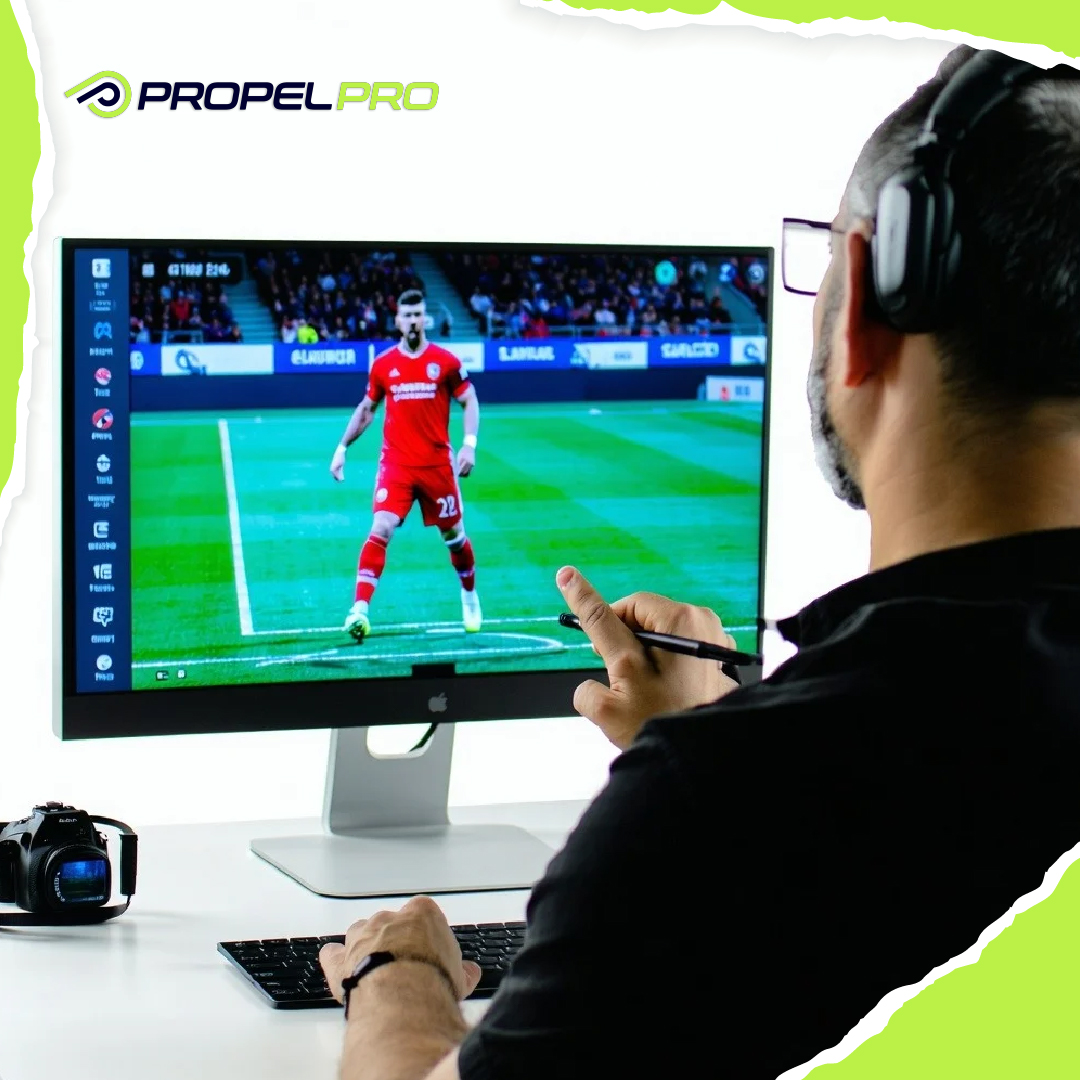For professional athletes and Olympians, the journey to the top is fueled by relentless discipline, competition, and passion. But when the final whistle blows, the question looms: What comes next?
Retirement in professional sports often comes earlier than expected, sometimes in an athlete’s early 30s, or even younger. While some transition seamlessly into broadcasting, front-office roles, or business ventures, many struggle to find a new identity, a fresh source of income, and a way to stay connected to the game that shaped their lives.
But the game isn’t over, it’s just changing.
Thanks to the rise of virtual coaching, retired athletes now have the opportunity to monetize their expertise, build their personal brands, and impact the next generation of talent in a way that wasn’t possible a decade ago. This shift isn’t just about making money, it’s about turning hard-earned knowledge into a long-term, scalable business.
The Challenge: Life After the Game
The transition from elite athlete to retired competitor is one of the most challenging shifts in professional sports. Studies have shown that many athletes struggle with identity loss, financial uncertainty, and the search for new purpose. Let’s take a closer look:
- The routine of daily training, competition, and locker-room camaraderie disappears overnight.
- Traditional coaching jobs are limited, requiring major lifestyle shifts or relocations.
- Many athletes lose relevance quickly without an active role in the sports world.
- Business opportunities are competitive, and not every athlete can land a major sponsorship deal or media contract.
But here’s the good news: Today’s digital economy offers a new way for former pros to stay in the game, remain relevant, and generate sustainable income on their own terms.
The Digital Coaching Revolution: Why Athletes Are Going Virtual
In the past, top athletes who transitioned into coaching were bound by geography, facility access, and institutional hiring limitations. But the rise of virtual coaching platforms, cutting edge training tools, and being part of a competitive on-line community of athletes has changed that forever.
Monetizing Experience & Expertise
Retired pros and Olympians bring something no traditional coach can offer - firsthand experience at the highest level. Today’s athletes want access to mentors who have been in the pressure-packed moments, made game-winning plays, and trained at an elite level.
Virtual coaching allows retired pros to offer one-on-one training to serious athletes without the limitations of in-person coaching, set their own pricing and schedule to create a flexible and scalable business model, and provide personalized training programs, video breakdowns, and real-time feedback to clients anywhere in the world.
Expanding Reach Beyond Geographic Boundaries
Comparatively, traditional coaching roles often require relocation or settling for opportunities based on availability, not preference. Virtual coaching eliminates those restrictions.
An Olympic sprinter in California can coach an athlete in Tokyo. A retired NBA player can break down a high school point guard’s film in real-time from anywhere. A former pro soccer player can mentor youth athletes without ever stepping onto a field!
This level of global access not only creates more coaching opportunities but also allows retired athletes to expand their personal brands beyond their hometown or former team’s fan base.
Creating a Sustainable, Scalable Business
Unlike traditional coaching roles where income is tied to physical presence and long hours, virtual coaching provides a scalable model. Coaches can work with multiple clients at once rather than being limited to a single team or program while building loyal followings to create long-term relationships with athletes who return season after season,
The Business Side: Turning Coaching Into a Brand
The highest-earning athletes in retirement understand one thing: Success after sports isn’t just about coaching, it’s about brand positioning. Virtual coaching is more than just training athletes, it’s about creating a brand footprint that attracts clients, sponsorships, and long-term business opportunities.
The most successful retired athletes in this space leverage social media to increase this footprint, creating brand awareness by posting coaching insights, breakdowns, motivational clips, that attracts paying clients. Utilizing their playing career as a credibility tool, showcasing “I’ve been there” is a powerful differentiator.
They also partner with the right platforms, with the best coaching platforms handling payment processing, scheduling, and tech support which ultimately allows coaches to do what they do best - focus on the athlete.
The Future of Athlete Entrepreneurship
For retired pro athletes and Olympians, the digital era has unlocked a second career path - one where unparalleled experience, invaluable knowledge, and a lasting legacy can translate into sustainable income for the future.
The transition out of competition is no longer a daunting stark reality - it’s an opportunity to evolve.
Virtual coaching isn’t just the future of sports athletic development - it’s the present opportunity for elite athletes looking to redefine their careers and monetize their legacy in ways never before possible.
Click here to sign up and be the first to learn about Propel Pro.

.jpg)


